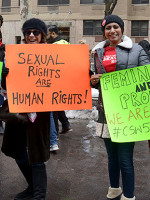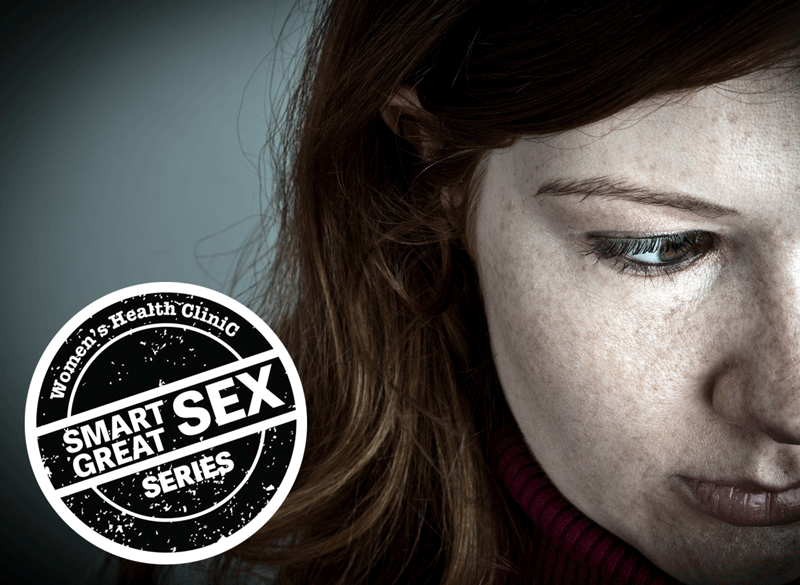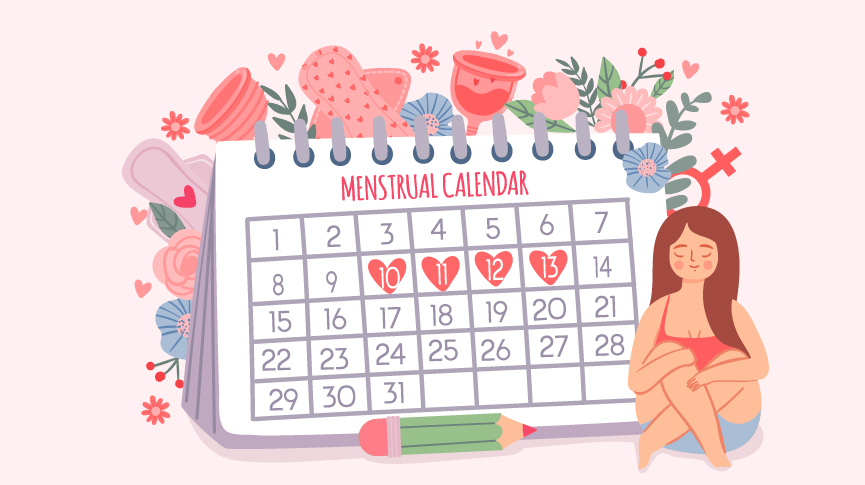This March, youth advocates from around the world sent a message to their governmental leaders: we will hold you accountable on gender equality. They came to New York for the 59th Commission on the Status of Women (CSW), a yearly conference that draws government leaders and delegates as well as advocates from local organizations to evaluate progress on and set standards for women’s empowerment. IWHC held a two-day “Advocacy in Practice” workshop before the conference to help prepare the young leaders and to facilitate their discussions with high-level policymakers and decision-makers.
More than 20 youth from countries as diverse as Guatemala and Kenya participated in the IWHC workshop and in CSW. Several spoke on panels as part of CSW main or side events, raising awareness among this global audience of the particular needs of young people in their countries. While many of the contexts and specifics varied, a common theme heard during the discussions and presentations was the need to better implement existing laws and policies to empower women and girls. Many countries have signed on to agreements that call for an end to discrimination and that affirm women’s and girls’ rights, like the 1995 Beijing Platform for Action. But in practice, many of these promises have not been kept, the policies not upheld. Esther Kimani, who works with the Young Women’s Leadership Institute in Kenya, said, “We don’t want to just have documents, but documents that speak to our issues. Documents that will hold the government accountable. Documents, that when implemented, will achieve gender equality.”
The young leaders drafted and issued a statement on what they see as priorities for future CSW meetings and for the Sustainable Development Goals, which will be finalized and adopted later this year. They highlighted priorities like the importance of young women’s participation in political spaces, the provision of youth-friendly sexual and reproductive health services, and the implementation of laws to end harmful practices like child marriage.
As part of their efforts to drum up support for these priorities, the young leaders held a Twitter rally during CSW, using the hashtag #WhatYouthWant. Youth from around the world shared more than 3,000 tweets on what they want most, which became a trending topic.
While many of the young women who participated in this year’s CSW were disappointed that governments did not consult civil society groups when drafting the CSW political declaration, they were optimistic about holding their governments to task on the agreements they had signed on to. “Achieving sexual and reproductive rights is going to be a long process and tough journey,” noted Esther. “But in the long run, we’ll get there.”
The post Youth Make Their Voices Heard at UN Women’s Rights Conference appeared first on International Women's Health Coalition.
SOURCE: International Women’s Health Coalition – Read entire story here.













